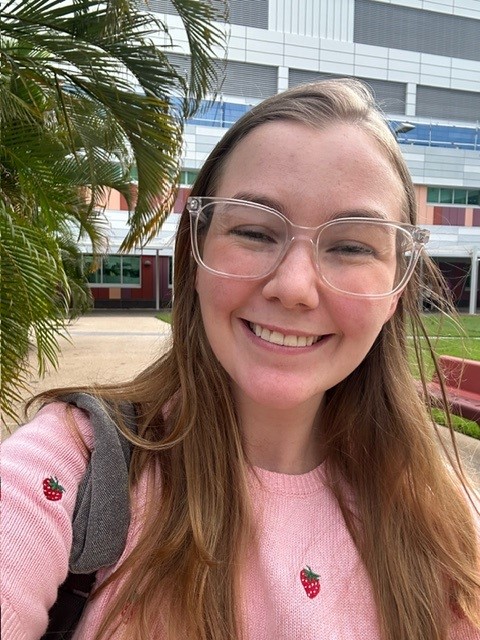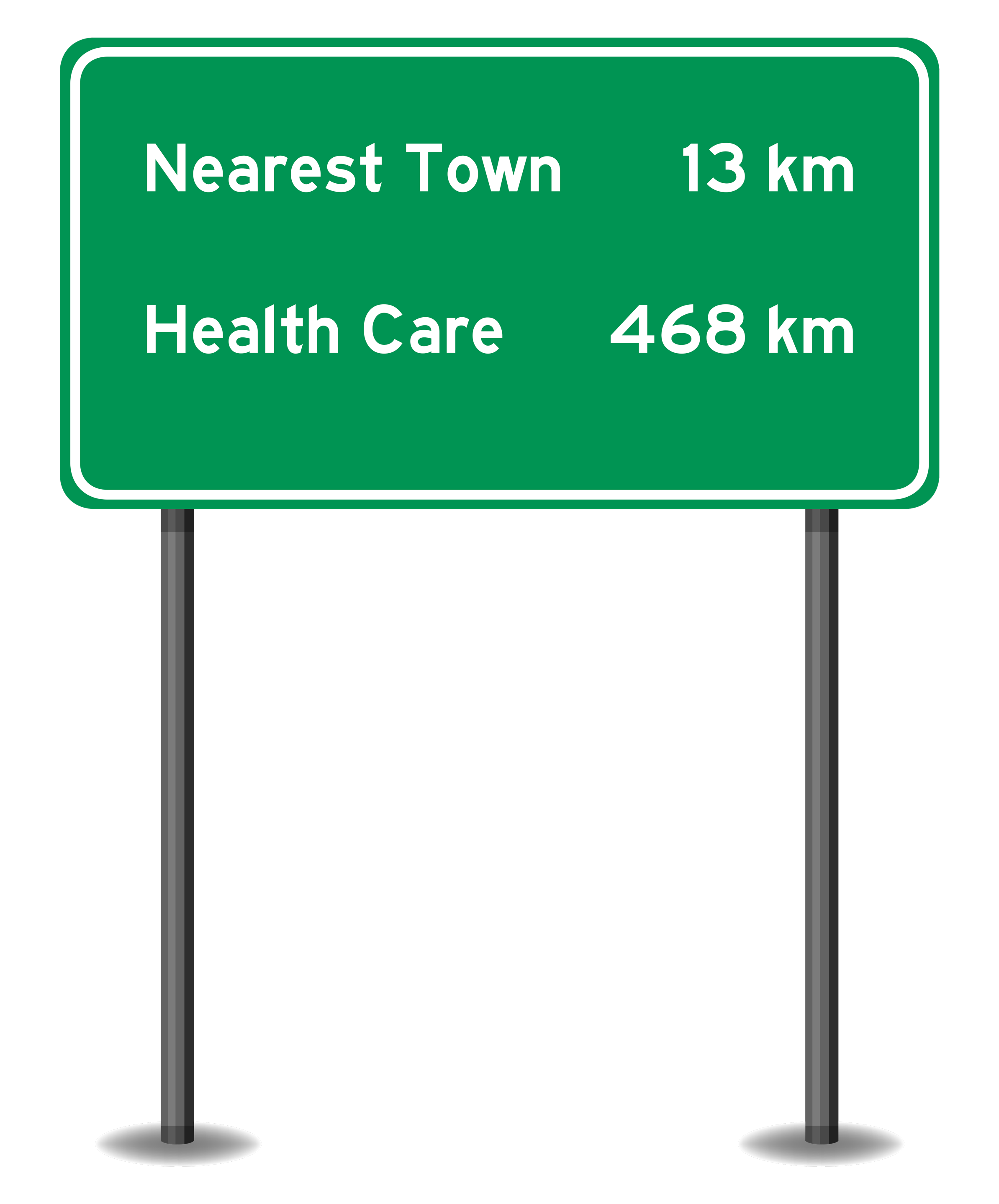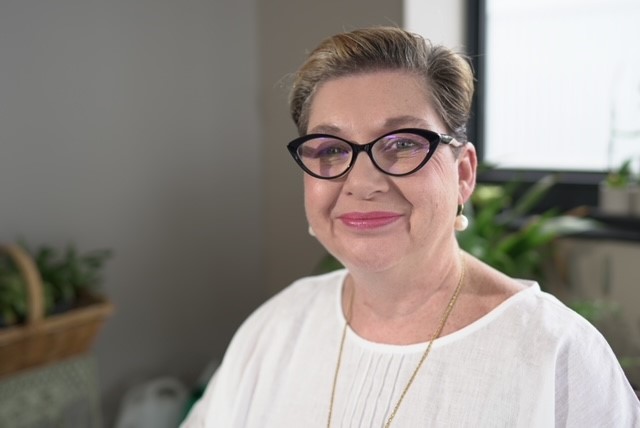Longitudinal Integrated Clerkships (LIC)
The Longitudinal Integrated Clerkship (LIC) program is a 19-week apprenticeship model of experiential learning in a rural community for Year 5 JMP students.
Students live, work and develop relationships over an extended time in a small rural community. Learning activities are integrated within all the health services of the rural community. Students see patients with their GP supervisor and then follow the patient journey to hospital, allied health services, rehabilitation, aged care and returning home to their community.
In the program, students become more immersed in their clinical environments, experience greater patient contact, and receive more supervision than their city-based teaching-hospital peers. LIC graduates feel well-prepared, clinically confident and work-ready and cope better in future internship than graduates of traditional metro hospital block rotations.
Student Testimonials
Students recommend the LIC after gaining valuable experience from the innovative program.

*Students in the LIC always have Level 1 supervision.
 "After completing the LIC at Inverell, I felt so much better prepared for my internship on the QLD rural generalist pathway- so much more comfortable working up patients in the ED and with assisting on the birth suite/in the OT. As well it was so much easier to have Consultant level bosses who actually knew me, who were happy to be my reference when applying for internships! Definitely a great experience."
"After completing the LIC at Inverell, I felt so much better prepared for my internship on the QLD rural generalist pathway- so much more comfortable working up patients in the ED and with assisting on the birth suite/in the OT. As well it was so much easier to have Consultant level bosses who actually knew me, who were happy to be my reference when applying for internships! Definitely a great experience." "In a smaller town like Inverell, I had the chance to practice intern skills like assisting a consultant during a ward round and doing minor procedures, all without having to share opportunities with JMOs or other students. I was also able to develop the more difficult skills of assessing a patient and formulating a management plan in an environment where I had independence but always had reliable supervision and assistance from GPs who were invested in my development as a doctor. This allowed me to begin developing my clinical judgement in a way that is difficult to do in bigger towns and hospitals, where I've found students tend to be either not given the independence to practice skills or asked to take on JMO work without adequate support due to staffing issues. In addition, the LIC gives you a little taste of longitudinal care, and how interesting and rewarding rural general practice can be."
"In a smaller town like Inverell, I had the chance to practice intern skills like assisting a consultant during a ward round and doing minor procedures, all without having to share opportunities with JMOs or other students. I was also able to develop the more difficult skills of assessing a patient and formulating a management plan in an environment where I had independence but always had reliable supervision and assistance from GPs who were invested in my development as a doctor. This allowed me to begin developing my clinical judgement in a way that is difficult to do in bigger towns and hospitals, where I've found students tend to be either not given the independence to practice skills or asked to take on JMO work without adequate support due to staffing issues. In addition, the LIC gives you a little taste of longitudinal care, and how interesting and rewarding rural general practice can be." "In the LIC I get the ability to hone my clinical reasoning and procedural skills. The exposure that we get in this rural setting is unrivalled in larger centres, as other medical students and junior medical staff would not be completing the work we are doing here."
"In the LIC I get the ability to hone my clinical reasoning and procedural skills. The exposure that we get in this rural setting is unrivalled in larger centres, as other medical students and junior medical staff would not be completing the work we are doing here."
Reflections from an Intern Supervisor
"The student arrived well prepared for internship. They knew what was expected, particularly with the implied tasks that fall naturally out of a ward round that your consultants and even registrars don’t always recognise they need to tell you about. The little but important things – completing discharge letters and prescriptions for patients going home, following up on consults requested...to name just a few."
Future regional health force
Communities outside of the cities are currently facing a rural healthcare crisis. Our regions are struggling from widespread doctor shortages and GP clinic closures. UNE is committed to improving the health outcomes of these communities and offers the LIC as an innovative program to help resolve the ongoing heath crisis.
UNE is committed to improving the health outcomes of these communities and offers the LIC as an innovative program to help resolve the ongoing heath crisis.
The LIC is part of a strategy to boost regional health workforce numbers and is designed to attract senior medical students to rural general practice. To increase the number of rural general practitioners the evidence is clear, you need to attract students who have grown up in the country, and make it attractive for them to train in a rural centre.

LIC Academic Lead, Dr Maree Puxty.
Interested in being a rural doctor?
Not only will you have the opportunity to improve health outcomes for rural and regional Australians, but students gain numerous benefits from participating in the LIC:
Study and work across the New England North West with an expanding geographic catchment. We currently have students in: Image: visitnsw.com Image: explorenarrabriregion.com.au Inverell Supervisors Supervisors Cheryl McIntyre, Mary Elsley and Amanda Bentel with student Adam Wilson. Read Cheryl's Q&A to learn more about her experience and background. Read Mary's Q&A to learn more about her experience and background. Narrabri Supervisors Rohana is a GP surgeon and was RACGP GP supervisor of the year in 2022 and is a board member of HNECCPHN. Andrew is an ACRRM trained rural generalist who works as a GP anaesthetist and in the emergency department of Narrabri Hospital.Inverell

Narrabri


 Dr Rohana Wanasinghe
Dr Rohana Wanasinghe
The LIC is part of the Joint Medical Program (JMP) - in partnership between UNE and the University of Newcastle - and is partially funded by the Betty Fyffe Bequest.
For further information or expressions of interest:

